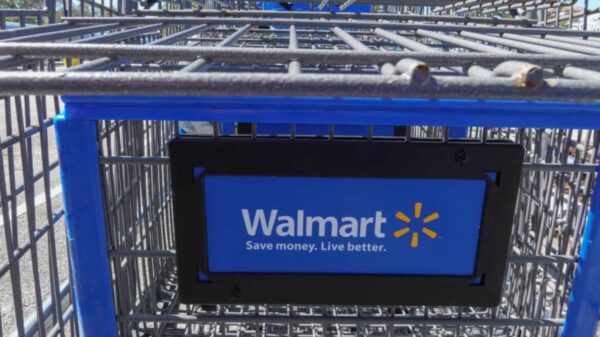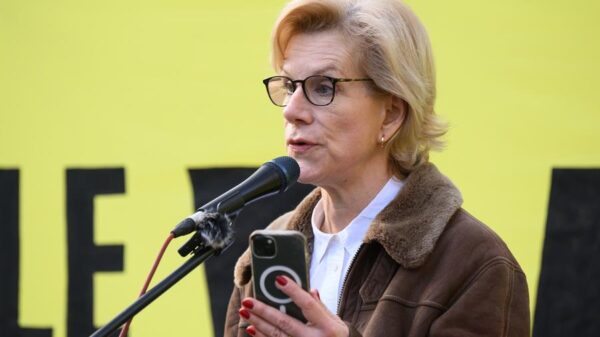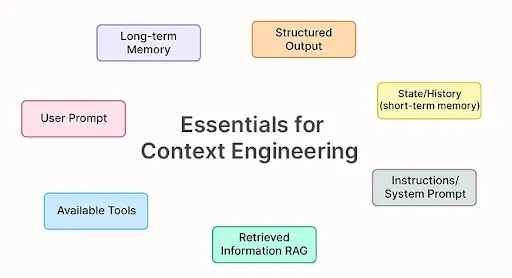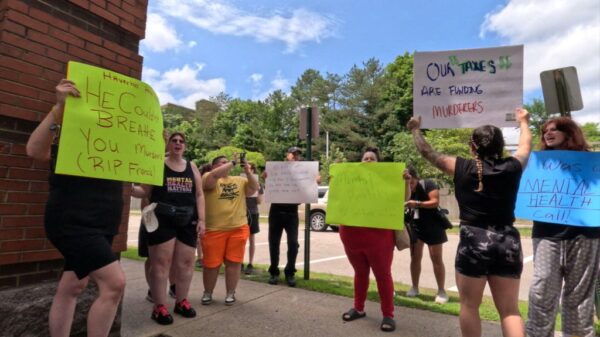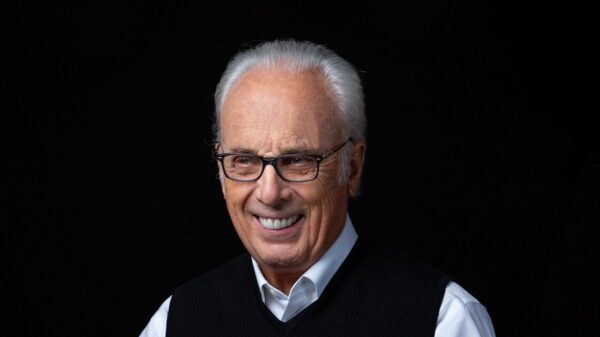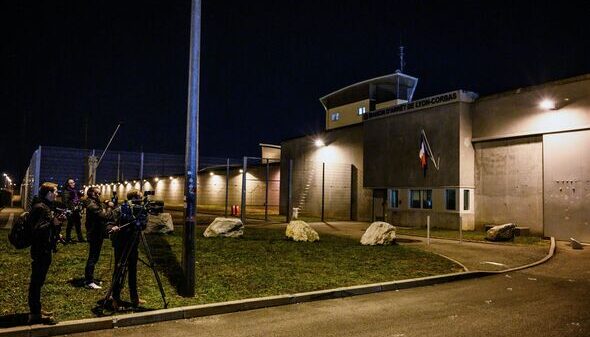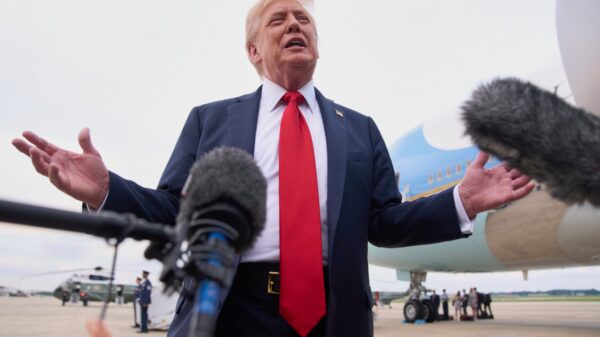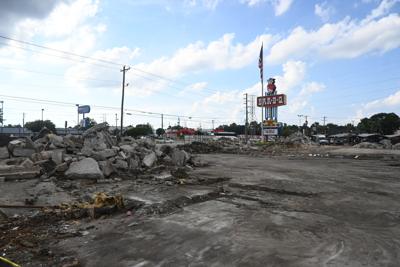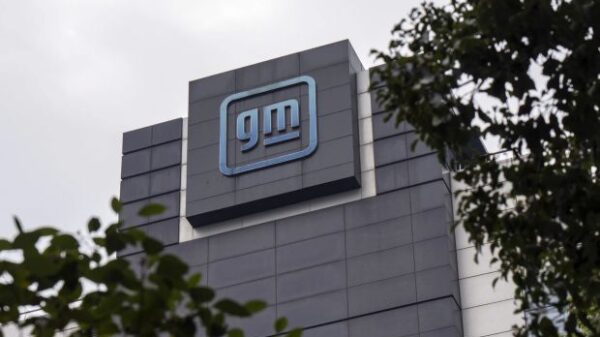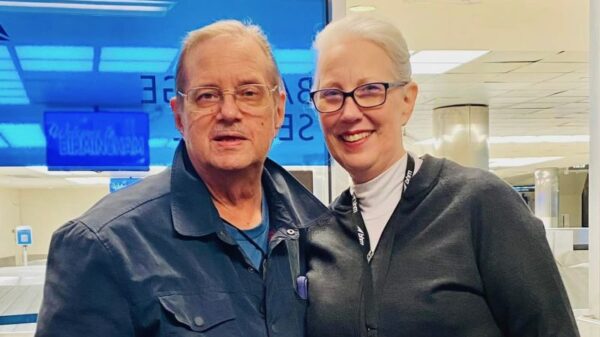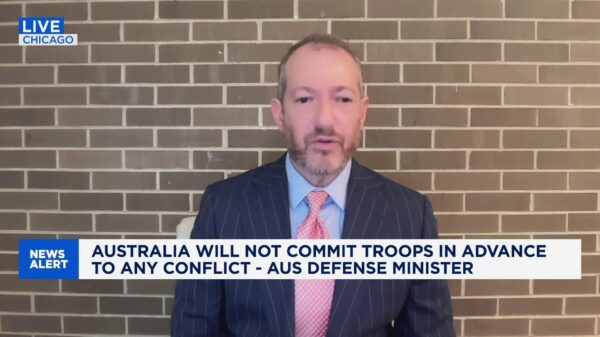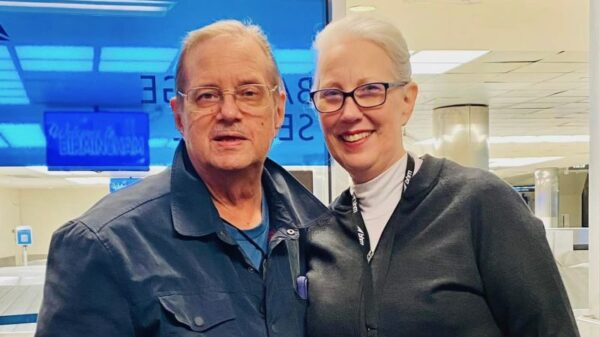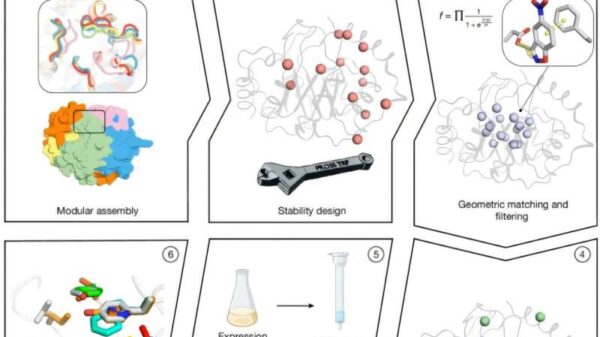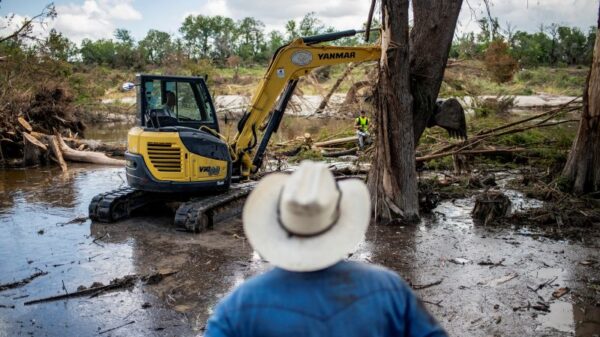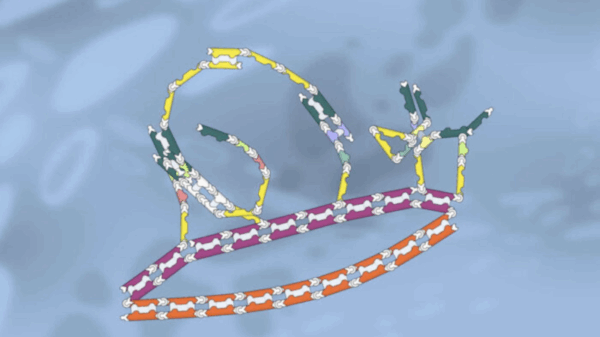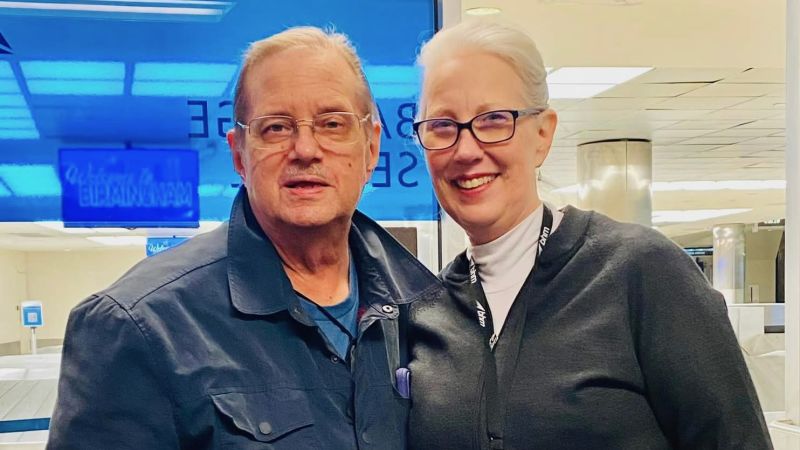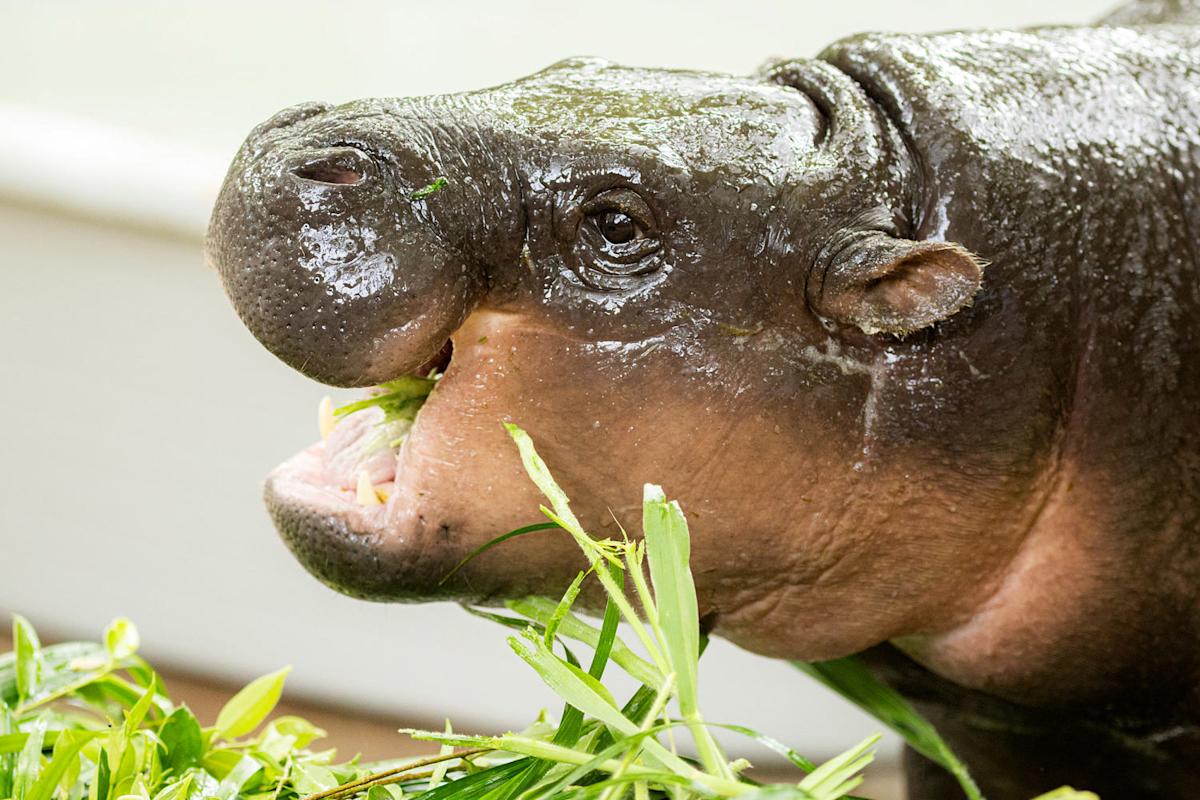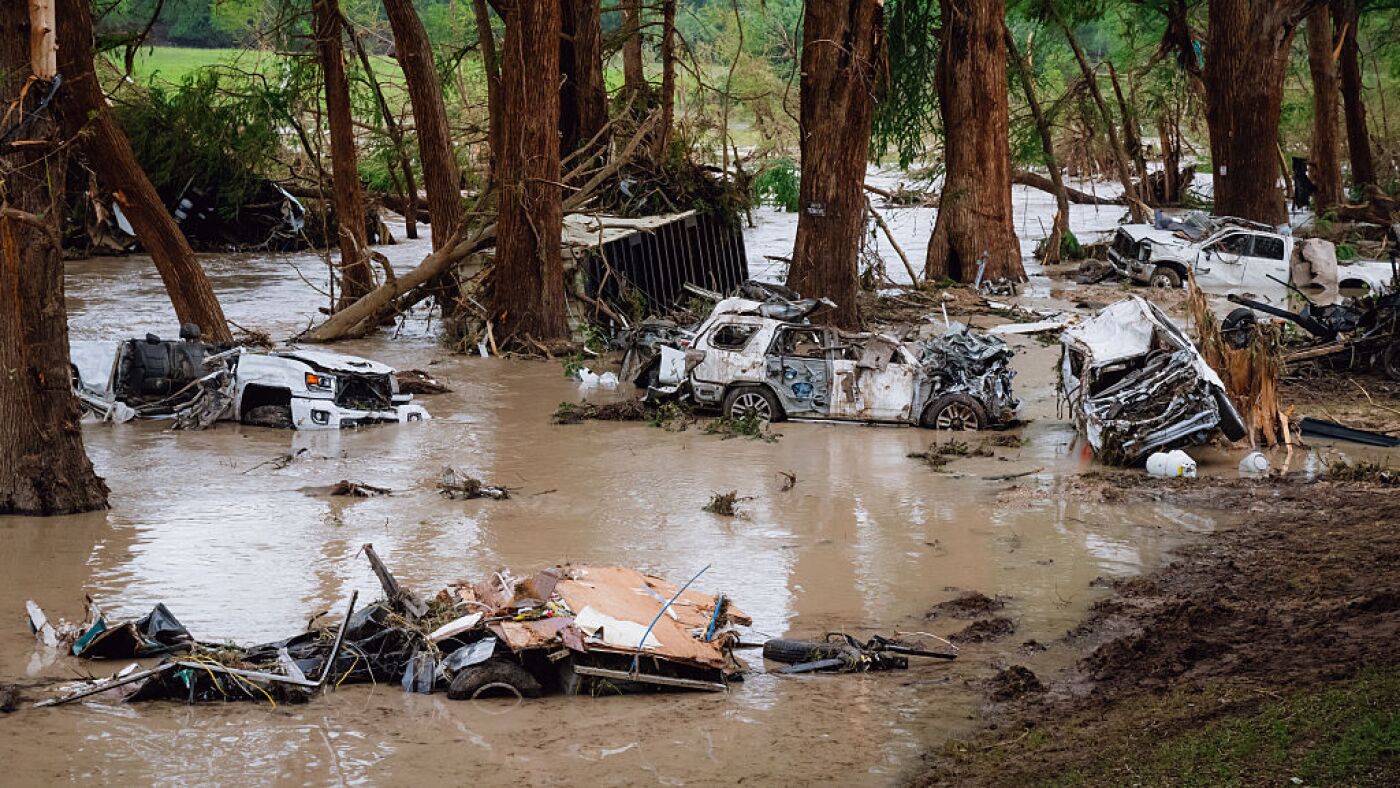A frequent flyer’s life was transformed when a Delta Air Lines employee stepped forward to donate a kidney. Bruce Gamble, a 74-year-old consultant from Birmingham, Alabama, faced a critical health crisis, requiring a kidney transplant. His story illustrates the profound impact of community and selflessness in the face of dire medical needs.
Gamble has been traveling regularly through Birmingham-Shuttlesworth International Airport since the late 1980s. Over the years, he developed a rapport with Delta employees, including Jill Hickey, a part-time customer service agent. Their routine interactions took on new significance when Gamble learned he needed a transplant due to declining kidney function linked to his long-standing battle with Type 2 diabetes.
In November 2022, doctors informed Gamble that he would face a three-to-five-year wait for a kidney from a deceased donor, a timeline that would place him at an advanced age for surgery. Desperate for a solution, he began advocating for himself, openly discussing his need for a kidney with everyone he encountered. “It really started when somebody would say, ‘How are you doing today, Bruce?’ and I said, ‘I’m doing fine, except I just need to find a kidney donor,’” he recounted.
The average wait for a kidney transplant from a deceased donor can vary significantly depending on factors such as blood type, location, and patient health, according to the National Kidney Foundation. However, transplants from living donors can drastically reduce wait times and improve outcomes, as such kidneys often function more effectively and last longer.
A Life-Saving Decision
During a conversation among Delta employees discussing ways to assist Gamble, Hickey felt compelled to act. Despite initial concerns from her family regarding the risks associated with surgery, Hickey remained resolute in her desire to help. As an elementary school teacher, she had witnessed students in need of organ donations, which fueled her determination to make a difference.
When Hickey decided to undergo testing, she became the eleventh person to volunteer. Unlike the previous volunteers, who were disqualified for various reasons, Hickey and Gamble proved to be a perfect match. “When Jill called me and said she was an exact match, I can’t tell you – I was just speechless,” Gamble expressed. This remarkable turn of events solidified their bond, turning two strangers into a supportive family.
Both underwent successful surgeries in December 2024, with Gamble expressing gratitude for Hickey’s life-altering gift. Kidneys from living donors can last an average of 15 to 20 years, significantly longer than those from deceased donors, which average about 7 to 10 years.
A New Chapter of Friendship
The journey did not end with the surgeries. Several months later, Gamble and Hickey, accompanied by their spouses, embarked on a trip to California. Their shared experiences have fostered a deep friendship, with Gamble introducing Hickey to his passion for collecting animation art. This trip not only strengthened their connection but also highlighted the unexpected joys that can arise from life’s challenges.
In reflecting on her decision, Hickey remarked, “I really solidified my faith that everything is going to be all right, that I’m here for a purpose.” Her commitment to helping others aligns with the broader reality faced by many in need of organ transplants. Currently, approximately 90,000 individuals are on the kidney transplant waiting list in the United States, according to the Health Resources and Services Administration, with only around 27,000 receiving transplants in a year.
As both individuals return to their daily lives—Hickey continuing her work in education and Gamble remaining semi-retired—their relationship remains a testament to the importance of community and compassion in healthcare. “We were strangers at first, but we’re more like family now,” Hickey said. This extraordinary story not only highlights the critical need for organ donors but also illustrates how human connections can lead to life-changing outcomes.


